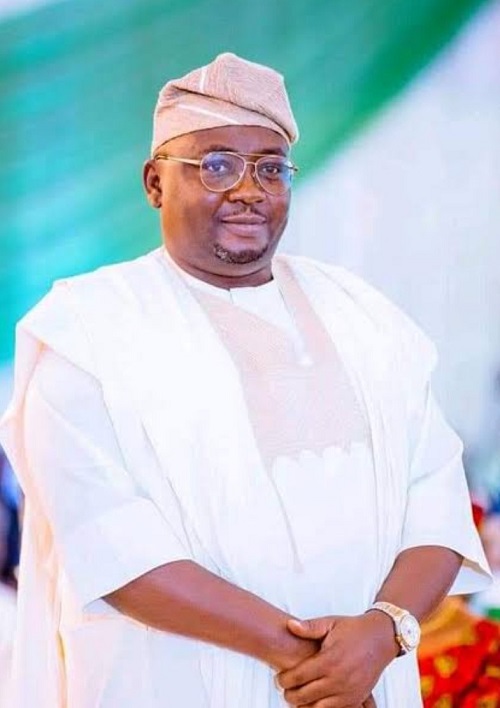The Federal Government has unveiled the zero draft of the National Integrated Electricity Policy and Strategic Implementation Plan which aims to address the pressing challenges within the Nigerian Electricity Supply Industry.
He described the policy as critical to the nation’s journey toward achieving a robust, sustainable, and inclusive power sector that meets the aspirations of all Nigerians.
Speaking at the presentation of the draft on Wednesday in Abuja,Adelabu said the NIEP-SIP is a comprehensive policy document that outlines strategic interventions across the entire electricity value chain, from generation and transmission to distribution and off-grid segments.
He emphasised that the policy is the product of extensive consultations with industry experts, key stakeholders, and development partners.
“The journey leading up to today has been a collaborative and rigorous process, driven by our collective commitment to addressing the pressing challenges within the Nigerian Electricity Supply Industry,” Adelabu added.
He said the policy framework not only responds to current realities but also anticipates future needs, ensuring that the power sector remains resilient and efficient.
Meanwhile,the federal and state governments,have disclosed plans to spend N100 billion in finance to import electricity meters into the country amid metering gap challenges.
Adebayo Adelabu,disclosed this while addressing broadcasters in Ibadan, Oyo State,adding that that this was under the Presidential Meter Initiative program.
President Bola Tinubu’s administration has been making efforts to close the meter gap in Nigeria, adopting various initiatives,he said.
“In the PMI, we have made good progress in sourcing the fund for this, and it is going to be by a combination of the federal and state governments.
“Today, we have received, and we have seen about N100bn that will go into the procurement of meters,” he said.
He added that the World Bank decided to support Nigeria with the procurement of almost two million meters in the next two years through the distribution sector recovery program.
He noted that $200m out of the $500m DISREP fund from the World Bank would be used for meter procurement, saying this has reached an advanced stage.
He said:“In fact, for the World Bank, we have issued contract awards. It’s just for them to start bringing the meters from overseas and locally. Because of the capacity requirements, we can not just depend on local patronage alone. We must bring it from other clients where it’s even cheaper”.


Comment here